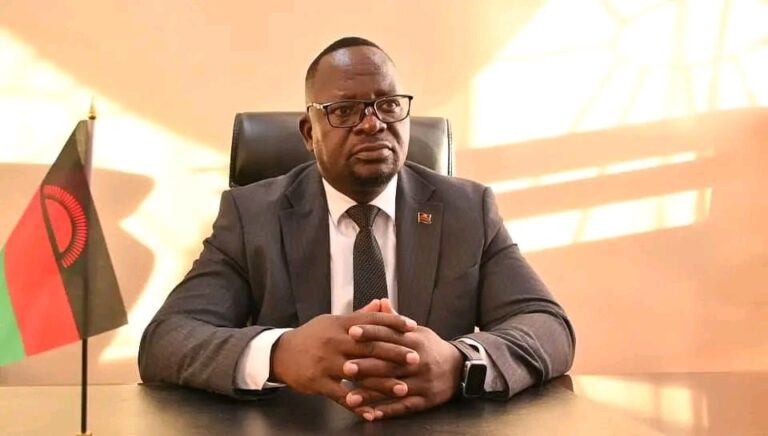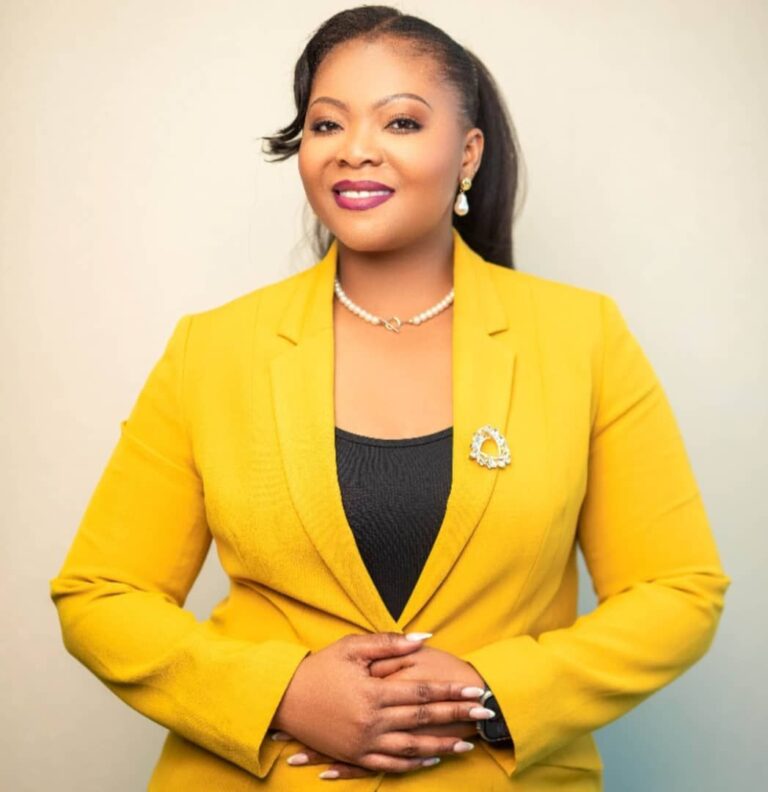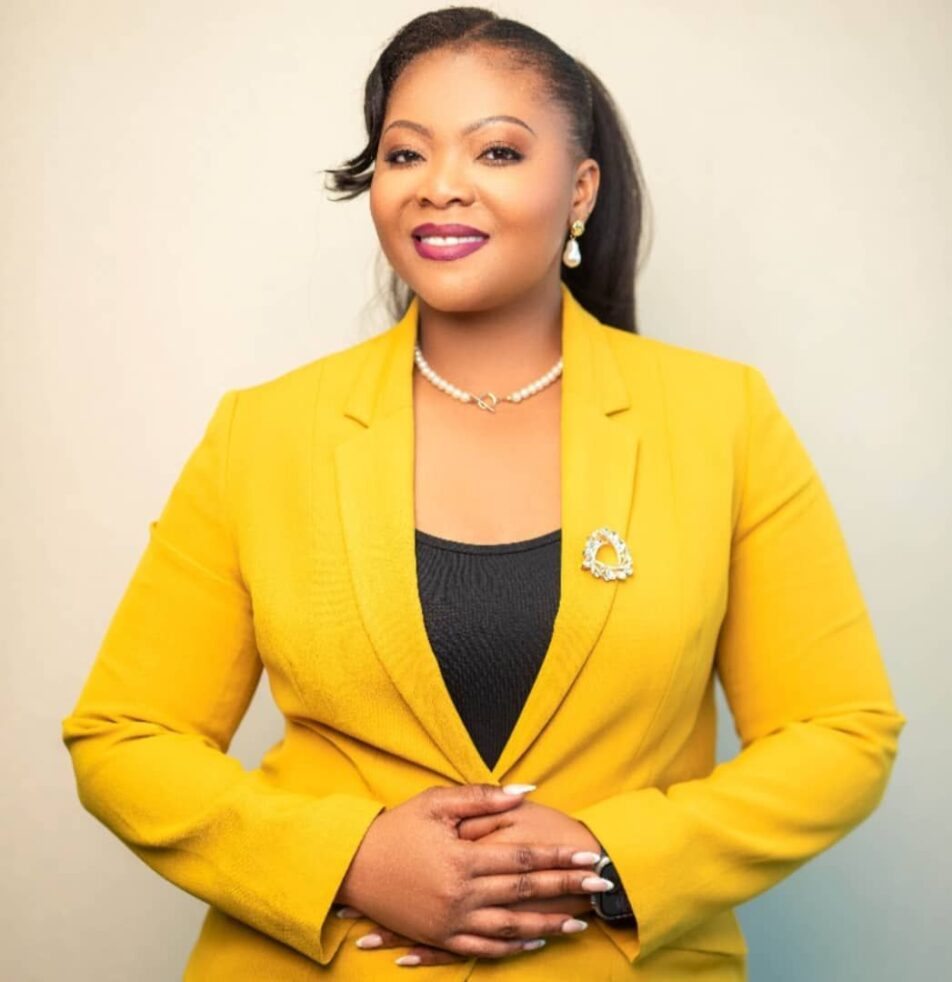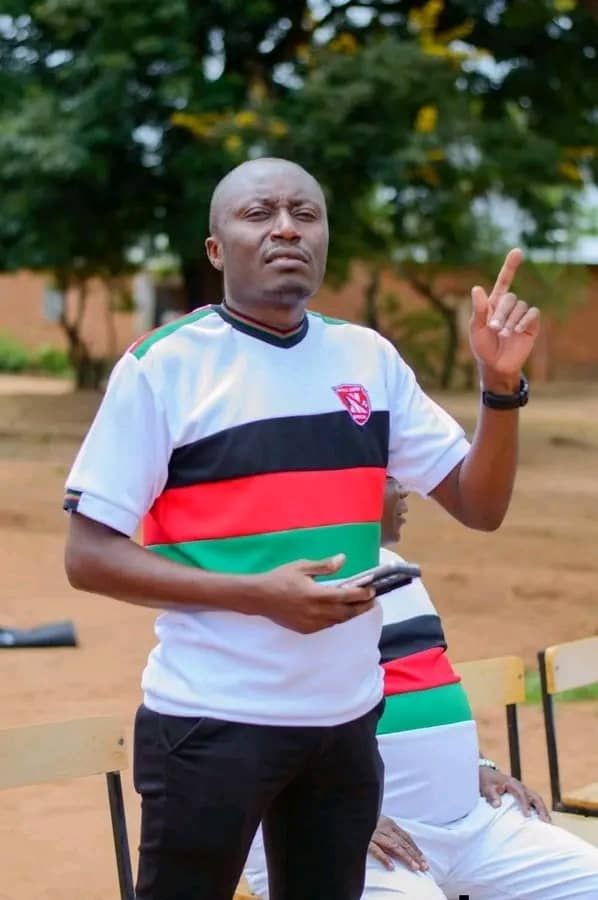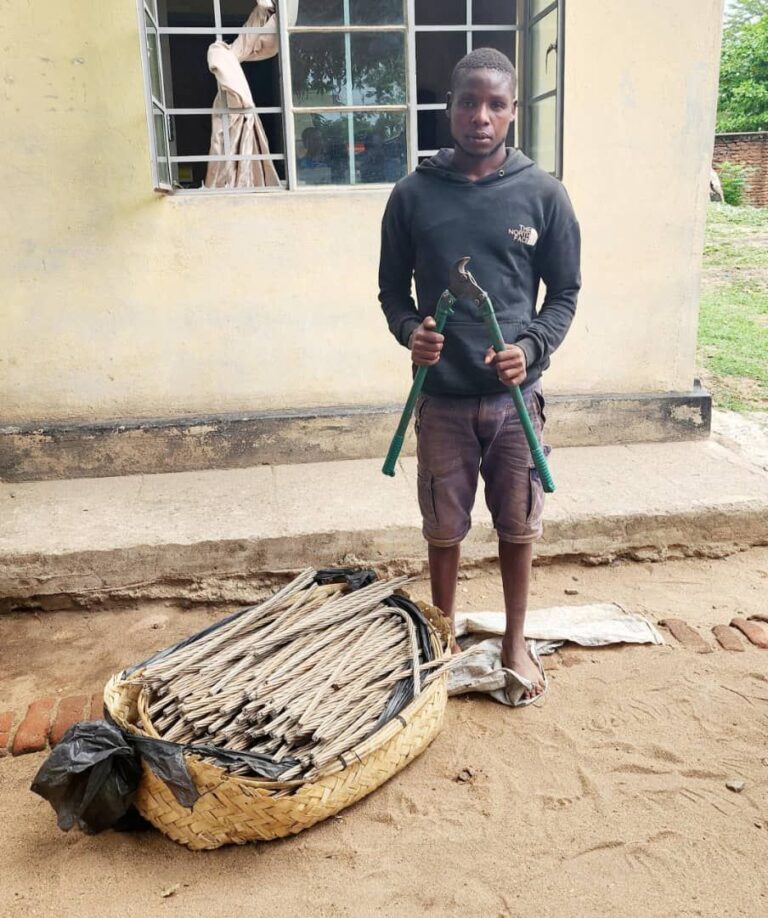By Burnett Munthali
Minister of Information and Communications Technology, Shadric Namalomba, has directed the Malawi Broadcasting Corporation (MBC) to immediately modernise its Kaning’ina Studio, insisting the facility must operate as a fully equipped flagship centre for the Northern Region rather than a unit struggling with outdated equipment.
During an inspection tour on Wednesday, the minister expressed deep concern after encountering obsolete production tools and broadcast systems which he said were compromising output quality and diminishing the studio’s relevance within Malawi’s national broadcasting landscape.
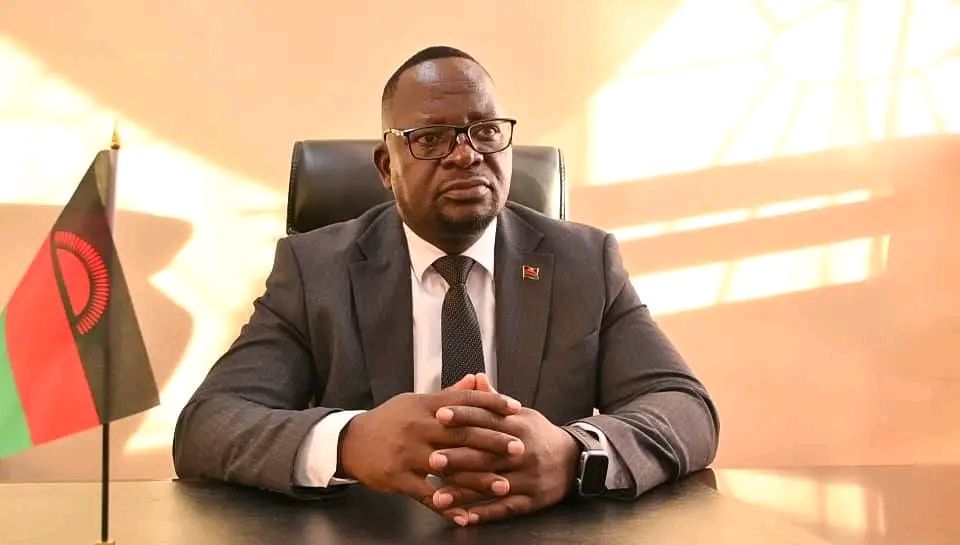
He questioned how a public broadcaster could effectively serve the region while operating without essential modern technologies such as live-streaming capabilities. Namalomba warned that the absence of such tools posed serious challenges, especially in situations requiring real-time coverage during emergencies.
The minister stressed that outdated equipment not only weakens content production but also limits the studio’s ability to highlight community issues, effectively silencing voices that depend on MBC for exposure and engagement.
Namalomba reassured the management that government stands ready to support a comprehensive upgrade programme, emphasising that modernising public broadcasting infrastructure remains a key pillar of the country’s digital transformation strategy.
“Our commitment is clear. We will work with MBC to upgrade this facility so that it meets the demands of modern broadcasting. Kaning’ina must reflect the future we are building,” he said.
Responding to the concerns, MBC Regional Controller Chimbizga Msimuko commended the minister for the guidance and pledged that the team will work to enhance performance. He said the minister’s remarks had reinvigorated staff commitment to delivering credible and impactful broadcasting for Malawians.
During the same visit, Namalomba toured the Malawi Digital Broadcast Network Limited (MDBNL), where he inspected transmission infrastructure and applauded the institution for maintaining network stability across the country.
However, he encouraged MDBNL to continue upgrading its systems in line with increasing national demand for reliable digital broadcasting services.
Namalomba is currently on a tour of the Northern Region, where he has been engaging with community and regional radio stations, inspecting communication facilities, and is expected to visit schools in Nkhata Bay where MACRA is implementing the Connect a School project.


